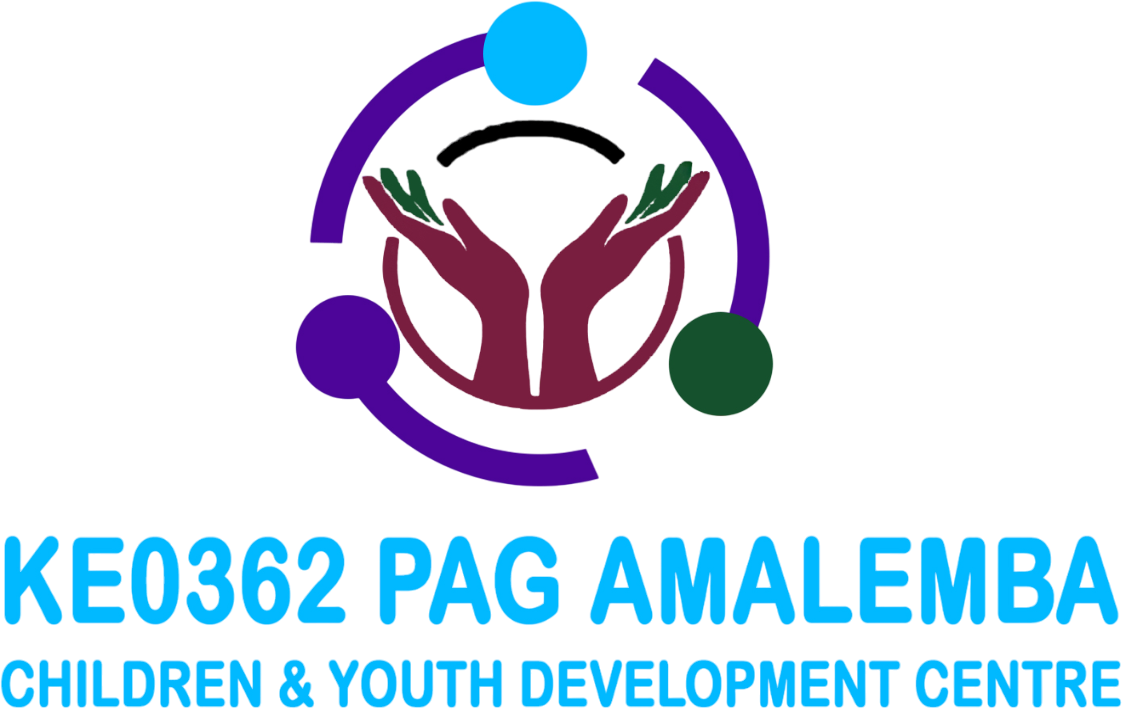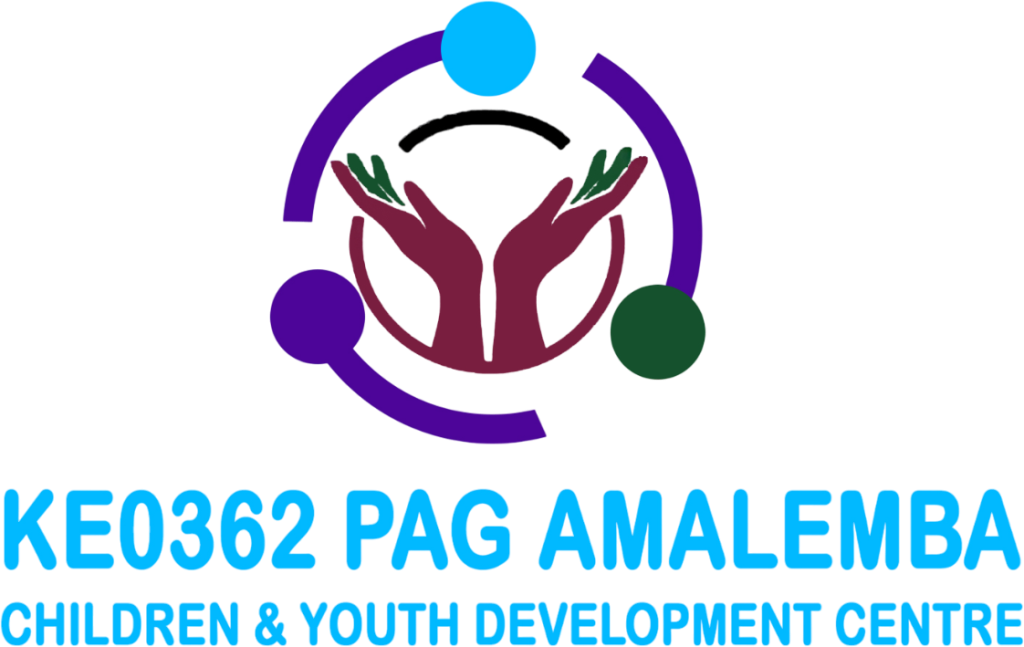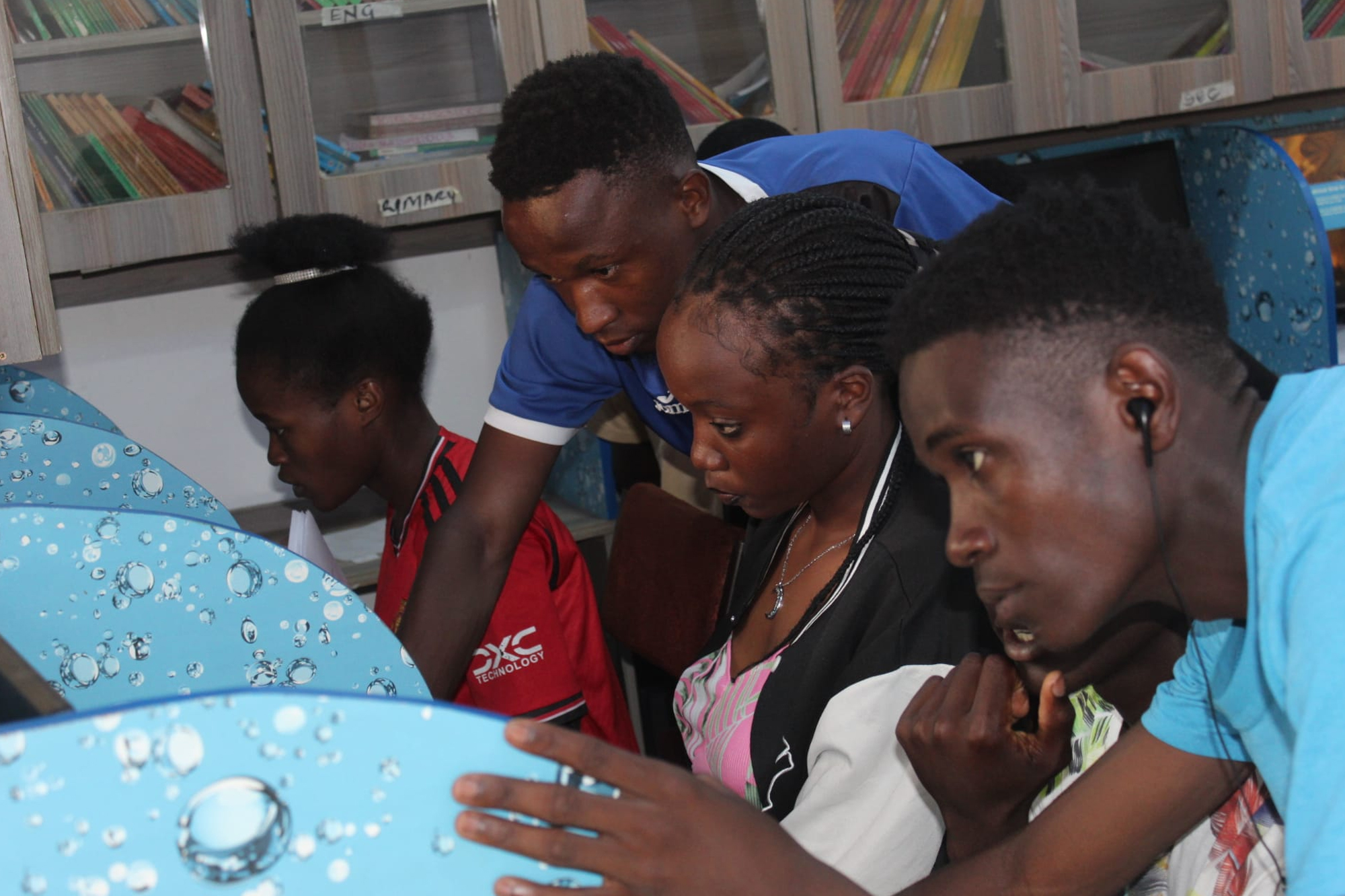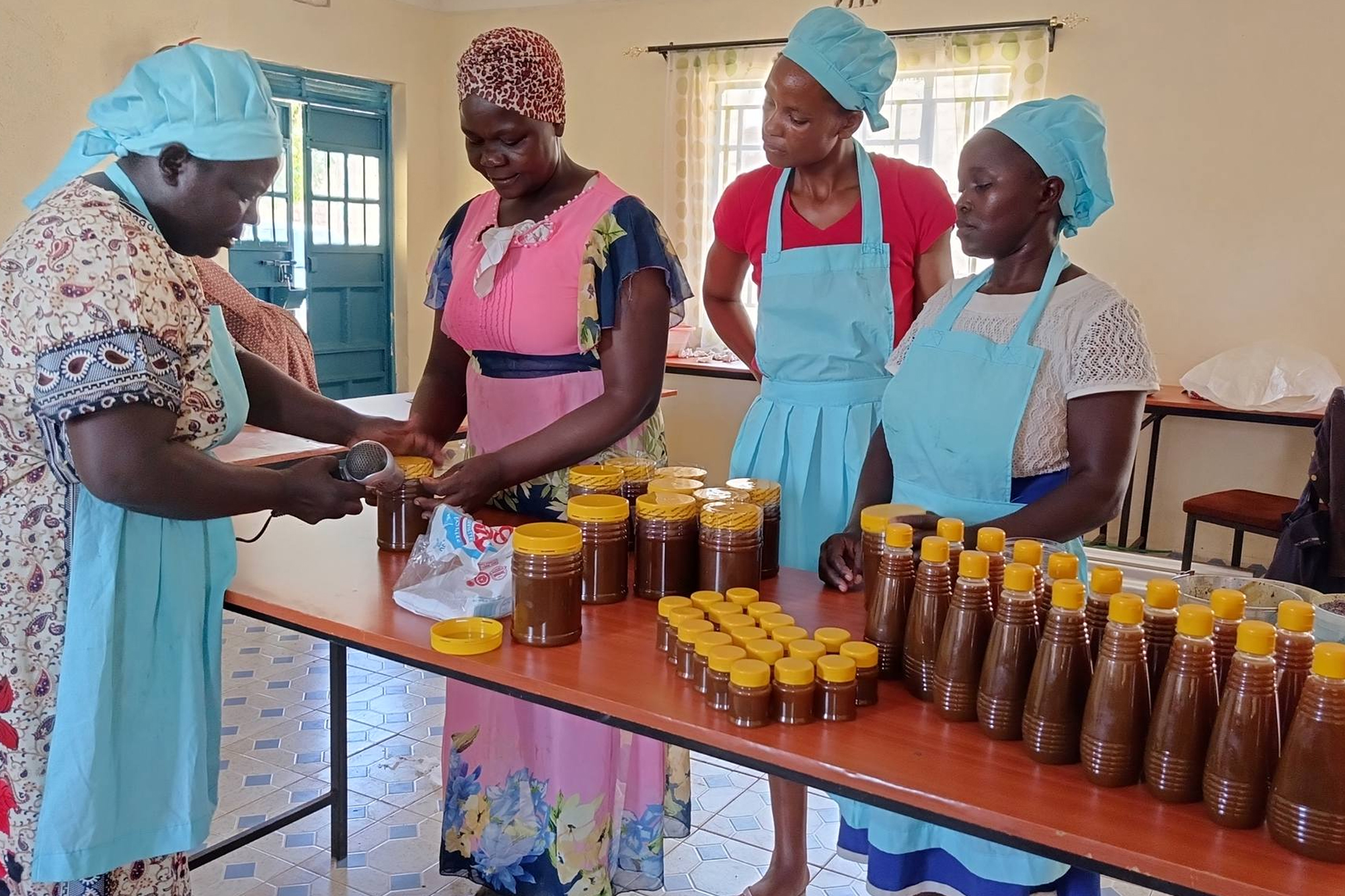
The goal is to maintain your recovery while striving to make things right. When planning, start with the people closest to you and create a communication strategy. Be mindful of the potential for harm when Halfway house reaching out and prepare for any difficult reactions. This preparation helps manage expectations and ensures a clear and compassionate mindset in approaching the process.

How Making Amends Helps You
Never in a million years would we ever have living amends imagined during our using days that we would one day be able to sit down with the people we’ve harmed and make direct amends! This would not be possible without the spiritual preparation we received from the previous steps. Beyond making amends for your actions through addiction therapy or counseling, it’s important to actively ask the people you’ve harmed what you can do to make things right. If you’re new to recovery and you’ve never made amends with loved ones before, you might be nervous or uncomfortable. Understandably, you might also be afraid of what the person’s reaction will be, feel very ashamed, or worry that your apology is too late.
Do No Harm
Mutual Aid, peer led support groups like Alcoholics Anonymous guide members to work through these steps to maintain sobriety and help others. Undoubtedly, you, too, have a list of ways in which you want to live out your living amends, and that’s great! The more personalized your lifestyle changes are, the more they’re going to resonate and stick with you. But whether you choose to make living amends or traditional direct amends, there’s no denying that the ninth step doesn’t exist in a vacuum. Suppose you knew the affected person personally, but they passed away before you could get to step nine of the program. Some recovering alcoholics would recommend making living amends as an alternative.
Breaking Down Step Eight of AA Alcoholics Anonymous
- These interactions are essential in rebuilding trust and promoting healing for both parties involved.
- Sometimes, symbolic amends are made when direct contact with the person harmed is not feasible or could cause further damage.
- Some situations may require both an apology and an effort to make amends.
- It arises when our hearts yearn to relieve their suffering or when we dedicate ourselves to not causing further suffering.
- In the Ninth Step, we will focus on the spiritual principles of humility, forgiveness and love.
- Your AA sponsor, therapist, or another trusted person can help you determine how best to address making amends.
If you take the direct approach, you make an effort to contact the person and repair the damages you caused. On the other hand, if you take the indirect approach, you focus on changing your behaviors and allow these changes to demonstrate your efforts. If the harm you caused someone included monetary damage and you do not have the financial means to make direct amends in a monetary way, this does not mean that you should not make amends to that person.
- If you are behind on child support payments, for example, you can give the other person a payment (rather than just having the conversation about missing payments).
- And some people in your life may not be receptive on your timeline.
- From developing personalized treatment plans to providing ongoing encouragement, we are dedicated to helping you achieve long-term recovery.
- It is essential to assess whether making amends at a particular moment will lead to a constructive conversation or if it may unintentionally bring more pain to the parties involved.
- While some people are excited about this process and want to dive right in, others hesitate and even struggle to admit what they’ve done.




